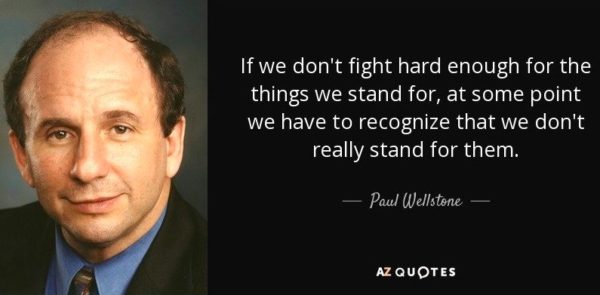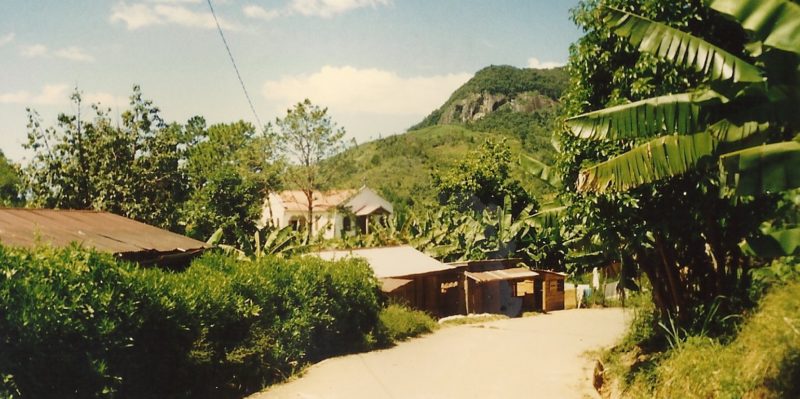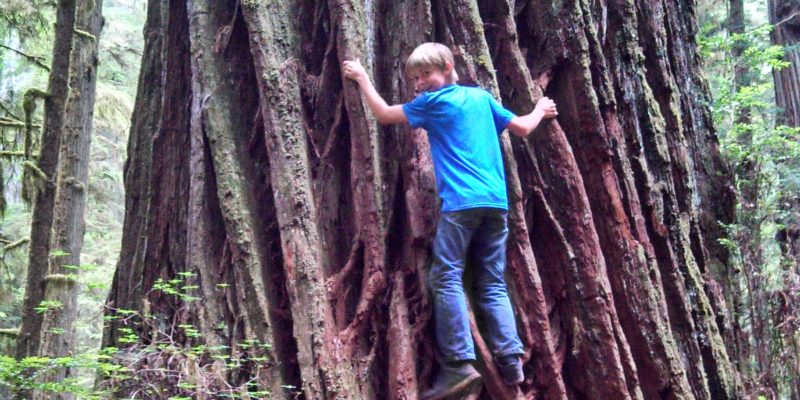It’s Saturday evening and I’m sitting on the roof of the orphanage, looking out at the mountains all around me. There are some people I would like to meet here in the city next week, so I don’t want to venture out on any big trip to the country just yet, but I feel like a dog that’s been penned up in the house too long and needs to break free.
People always ask me if this is my first time here. It’s a question that has a different meaning here than if it were asked any place else. Everybody’s first impression is always shock, no matter what other developing countries they’ve visited. I was explaining the difference between Madagascar and Haiti to a couple of expats who have been here for a couple of years and I said “Madagascar was just as poor but…” I paused for a moment as I searched for the right word when one guy interjected “with out all the shit?” That description was in the same general ballpark as any other descriptor I might have come up with.
Even with a couple of the kids in the orphanage screaming and crying in the background, the orphanage is still a welcome oasis from what is out there. There is tons of good out there, but danger and suffering are always close by. As a male, and as someone who has a set of values that will always tip the risk versus reward scale toward the side of adventure, I prefer to walk into the streets of Port au Prince and eat dinner from the lady that has her pots on the sidewalk rather than at the hotel restaurant. But to do this on my own, I have to always be on the lookout for suspicious activity. Why is that guy hanging around my parked motorcycle? Turns out he just wanted to wash it.
On the way to my hotel Thursday night, after hearing a band that played at a different hotel several blocks away, I rode back as fast as I could, without falling into the sewer through the holes in the road. I was a little uncomfortable as I sat waiting in the street outside my hotel past midnight. I gave my honk, which was the cue for the guard to come and open the gate. Then I honked again, then once again. He probably arrived within half a minute, but the seconds were ticking away in my head. Friday, as I was riding back to that hotel, after eating at a street stall, I noticed that the motorcycle in front of me had slowed way down. After a few seconds of this, I raced past him and took an extra spin around the block to make sure he wasn’t following me before circling back to the hotel gate.
On the way back to the orphanage from the hotel, I met another of Jamie’s friends in a public park. He asked me for a pen, but the only pen I had was in the case for my computer tablet, which was in my backpack. I didn’t want to take my tablet out in a public space like that, so I didn’t offer him a pen.
These types of things are always on my mind when I’m out there. I feel safe enough to actually enjoy being out, but that’s because I restrict the places I’m willing to go. I won’t drive someplace on the motorcycle unless I’ve been there before in a safer way, like riding with friends or traveling in a group. These neighborhoods change quickly from poor to absolute pure squalor in a block. It is often determined by something as simple as cresting over to the other side of the hill.
Because the entire city is within walking distance of a rough neighborhood, anybody anywhere could pose a threat. This takes a toll on me because my white skin makes me more of a target. I feel more tired than I normally would at the end of the day then I would of I were doing the same activities someplace else. That is why places like the equestrian club and the country club exist. Still, my stress is nothing compared to the stress of the people who are hungry, don’t have enough money for food and, on top of that, they also have to worry about getting robbed. People aren’t out in the streets just looking for someone who is rich, they are looking for easy targets to get enough money to east. A Haitian told me he always carries just a small amount of money in his right pocket for purchases on the street, and will only transfer more money into that pocket from the left pocket when he is in a private place. So all of this is why I’m anxious to check out the countryside.
Now it’s Sunday, start of week two. I began by looking at the hills and deciding the time is soon coming for me to escape this town. I packed my ruck-sack full of every thing I would need to face the unknown for a week or so. This is my smaller backpack and it will fit nicely on the back of the bike. I’m still not ready to leave for more than a day from now because I have some tentative meetings planned. One is with a fellow Macalester graduate who works here at the UN, the other is with one of Jamie’s friends who knows lots of people doing environmental projects. If it weren’t for that, would be currently be creating my own version of Che Guevera’s motorcycle diaries. Instead, I only have a small tease for you.
After studying Google Maps, I figured I could find my way out of here by heading north. No backpack and no tablet with the GPS for today’s trek, my goal was just to sample the highways out of town. About three miles past the airport, just beyond the bridge over the river, the road narrows and the paved sidewalks turn to dirt. Trees line the road and it’s so much more fun to ride. I’m starting to think I might want to buy my own motorcycle when I get back to the States. People were out on the river banks washing clothes. There are lots of people walking home in their Sunday best on the site of the road. It’s interesting, I’ve been asked several times whether I am a Christian. For the record, not like it’s anybody’s business, I’m lots of things, but I figure my values are close enough to Christianity to answer “yes, for the most part.” That response seems to illicit an affirming smile.
Another three miles later, the road splits and the curve to the left is where I’m going. Exactly at that curve, my world changes. The doors on the cage have opened. Before me I see a wide open highway, no traffic, nice wide paved shoulders with painted lines. With the drastic reduction of traffic, my eyes are free to scan the mountains to my right. This could be my old home island of St. Croix, except instead of yellow mansions with swimming pools dotting the hillside, it’s tin shacks, out here, they have at least thirty feet between them. A little ways further and the bay appears on my left in all its turquoise glory and I can smell the salty air instead of the smell of Port at Prince.
Out here, motorcycles no longer have the advantage. I can feel my bike’s power beginning to wane around 40 miles per hour, in fact as I travel a ways further I see that most of the motorcycles are driving in the shoulder as the other vehicles are traveling at least twice as fast. They almost always honk as they approach from behind and I’ve learned to pay attention to my rear view mirrors. The wind is gusting out here and I think that a big Harley or one of those new Indians would be great.
I’m glad I wasn’t on one of those large cargo style truck buses that passed me. It was belching out an enormous stream of black smoke, and the wind was blowing it right back at the truck filling the passenger area.
I decide to turn around for the day a little bit past the city of Cabaret. I need to pee, so I turn off on a gravel lane bordered by a small banana field on one side. There are no gas stations with public restrooms here, but I do want to get off the highway, although in the city, I’ve seen people peeing anywhere. Rather than heading back on the highway right away, I chose to continue to follow this gravel lane toward the sea. A sign on the road said Mission of Hope. A cow walks along the side of the lane with a cattle egret by its side. I come up to a fenced in area with lots of small buildings scattered around. The top is lined with coiled barbed wire. At the gate are three guards with rifles. I ask them about the place and learn it is a school and medical clinic. Nobody is inside and they tell me they are building a hotel near the water. They ask me if I want to head down to the sea, which I do.
For the first time in a week I am all alone. Between a break in the mangroves I find a nice sandy beach. There are a couple of small thatched huts made from drift wood and banana leaves. The waves are lapping on the shore and I only hear the sounds of nature. The vegetation is scrubby here with a few cactus scattered around. I make one more look around to make sure I’m alone and shed my dust clothes and wade in. But before I do, I hide the motorcycle key under a rock rather than leaving it in my jeans pocket, just in case I get robbed.
On my way back to the city I realize that I will need to buy a long sleeve shirt if I plan to be riding all day long next week in the intense sun, so I stop at a street stall and buy a lightly used white dress shirt. I talk her down from about six dollars U.S. to three dollars.
I’ve been thinking a lot about how exactly I might want to use my skills and interests in Haiti. There is so much that can be done on so many areas. This orphanage is doing a fabulous service for the community. Today I spent some time just being with some of the most mentally and physically disabled kids. Many of them just spend their day laying on the floor on mats or in a wheel chair unable to talk or hold a spoon or chew food. The caregivers change diapers on kids both young and old. I try to do anything that might bring a smile to them spending a few moments with each of them. Some kids laugh others don’t react at all. Without this place they might not be alive.
I’m trying to figure out the entire development process and how all the parts could best unfold given everything that is so unique about this place. I used to think education might have the biggest impact, but now I think an important variable is something deeper than that. I know I don’t understand the culture but there appears to be an attitude of acceptance here. But is that an acceptance based on the fact that so many people are just living day to day? Is it a taught behavior? Or is it an ignorance of how things could be better?
Poor people in other countries have created much more efficient societies that that showcase things of beauty. But in Haiti, why do tires sit in the middle of busy roads for, well at least for the week that I know of. Why do people allow there to be holes in the road where children walk? Why don’t people organize their own neighborhood schools? I’ve seen similar mentality in place where people just wait for others to do something. Even with Katrina in New Orleans, we saw that some people jump into the organizing role even though many others saw their role as the person who shouldn’t overstep their authority to act.
In St. Croix, a few island away, some of this complacency was present too, but it was certainly not as universal as it appears to be here. People might say it’s not their fault they are like that, it’s the fault of slavery. Yet Haiti is not alone in having this history, but they are alone in the horrid state of their biggest city.
So, let’s take a quick look at potential reasons I’ve floated that might explain the indifference I think I’m perceiving.
1) They are just too poor. If its truly just a matter of not being able to look to the future because their daily challenges are so dire, then what is holding back that portion of population that does have some regular income. I would think you would see more leadership arising from them.
2) It’s a taught behavior. Taught behavior is hard to culturally change because we tend to raise our kids similar to the way we were raised. Identifying as a member of a group is an extremely strong human trait. That group identity enforces conformity with the group norms, including how we teach our kids to see themselves.
3) Ignorance. I often hear people say that certain beliefs are so strong on a society that it will take many generations to change the culture. I don’t buy into that. With the right tools, strong beliefs can change within a single generation since many beliefs are just perceived to be fact. But we won’t ever question them if doing so would cause us to risk loosing our group identity. We choose to stay ignorant.
I think it a combination of 2 and 3. Lots of times, outsiders come into places telling the local population that something is wrong with their society. I am not sure what the average person thinks here. If I spoke creole I might have a better sense of this. But even if people are happy with the way their society is, there is clearly an ignorance of the outside world since so can my people can’t speak the language of the newspapers and have no other means of being exposed to other options. And even if they do recognize something as a problem they expect the government to change it.
This is surprising coming from a people who orchestrated a successful slave rebellion. But that freedom should not be the end goal.
Today, Monday, I drove up to the top of a 3500 foot tall hill overlooking the city. From up there life in the city was invisible except for just few places where you could catch a glimpse of some traffic moving. Also, a plane flew in as we were up there. But the entire life on the streets was hidden. I could see the last President’s house on a forested hill surrounded on three sides by slums. On the hillsides, there are both relatively well off neighborhoods and there are neighborhoods where tiny shanties are stacked solid on top of each other covering the entire hillside.
Up on the hilltop, there is a tourist lookout restaurant with one U.S. dollar soft drinks. We walked a little ways down the road and bought drinks for a quarter of the price. It was nice and cool up there with lush vegetation, which was in stark contrast to the climate down in the city. A hawk like bird silently soared just in front of us. Mountain’s surround Port au Prince on three sides, with the east end of the valley being the Dominican Republic, which I could also see from the overlook.
As I sit here writing this back on the roof of the orphanage, I can look over to that hilltop on the other side of the city. A giant cloud reaching up from behind the mountains is aglow from the sun beginning to set behind it. The golden rays fan out to the city below.
I contemplate the weather patterns. Is there good sailing to Jamaica or Cuba today? On a nautical map, Haiti is part of a landmass that is useful for navigation. But the sailor can have absolutely no comprehension of the intensity of what is really going on here. Yes, from afar it can look like any Caribbean country. So what if it just happens to be poorest country in the western hemisphere, somebody has to be in last place. But the truth is that the people living in its capital city have an existence that bares absolutely no resemblance to anything anyplace else. And the reality of this existence is a well kept secret.




